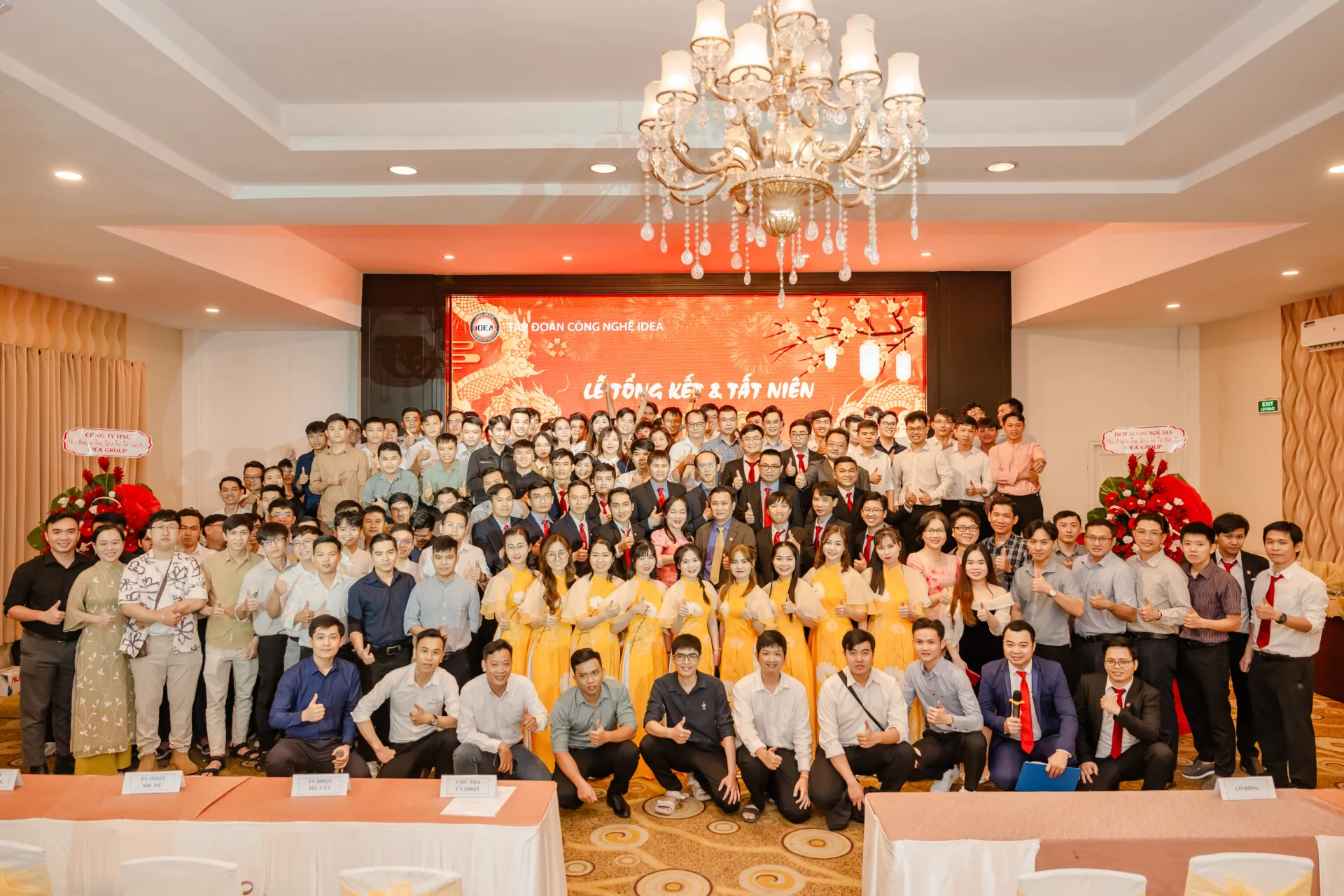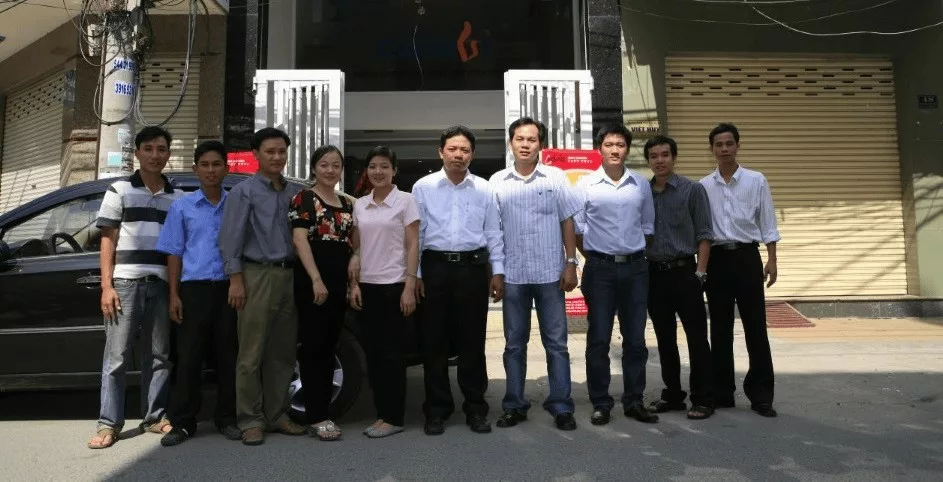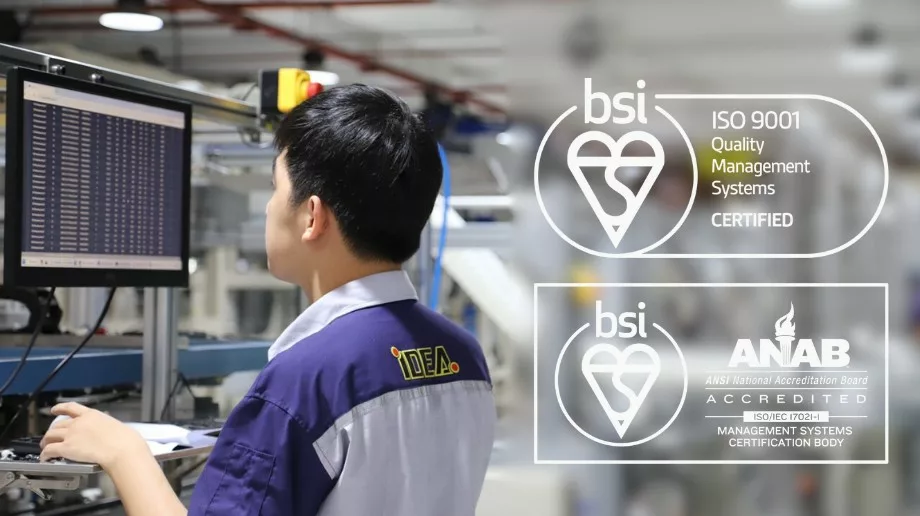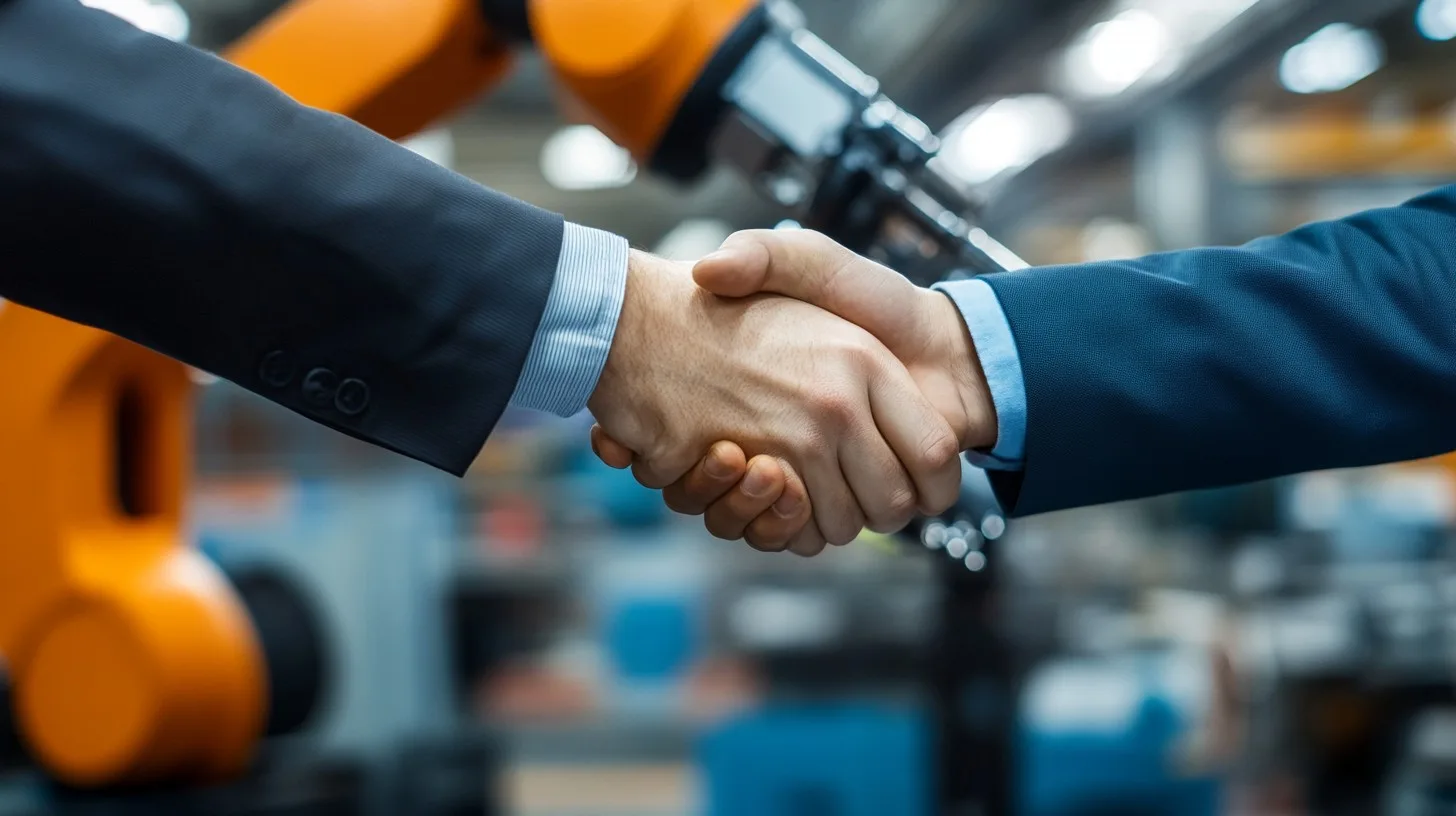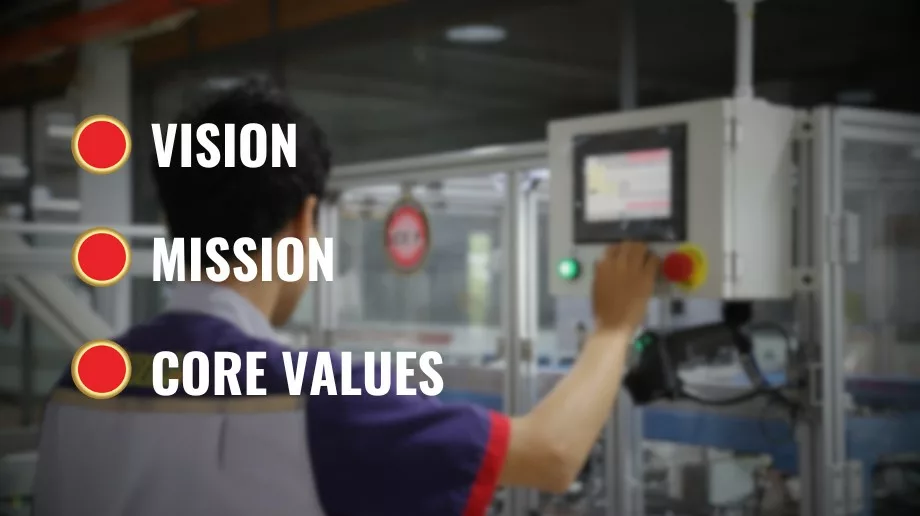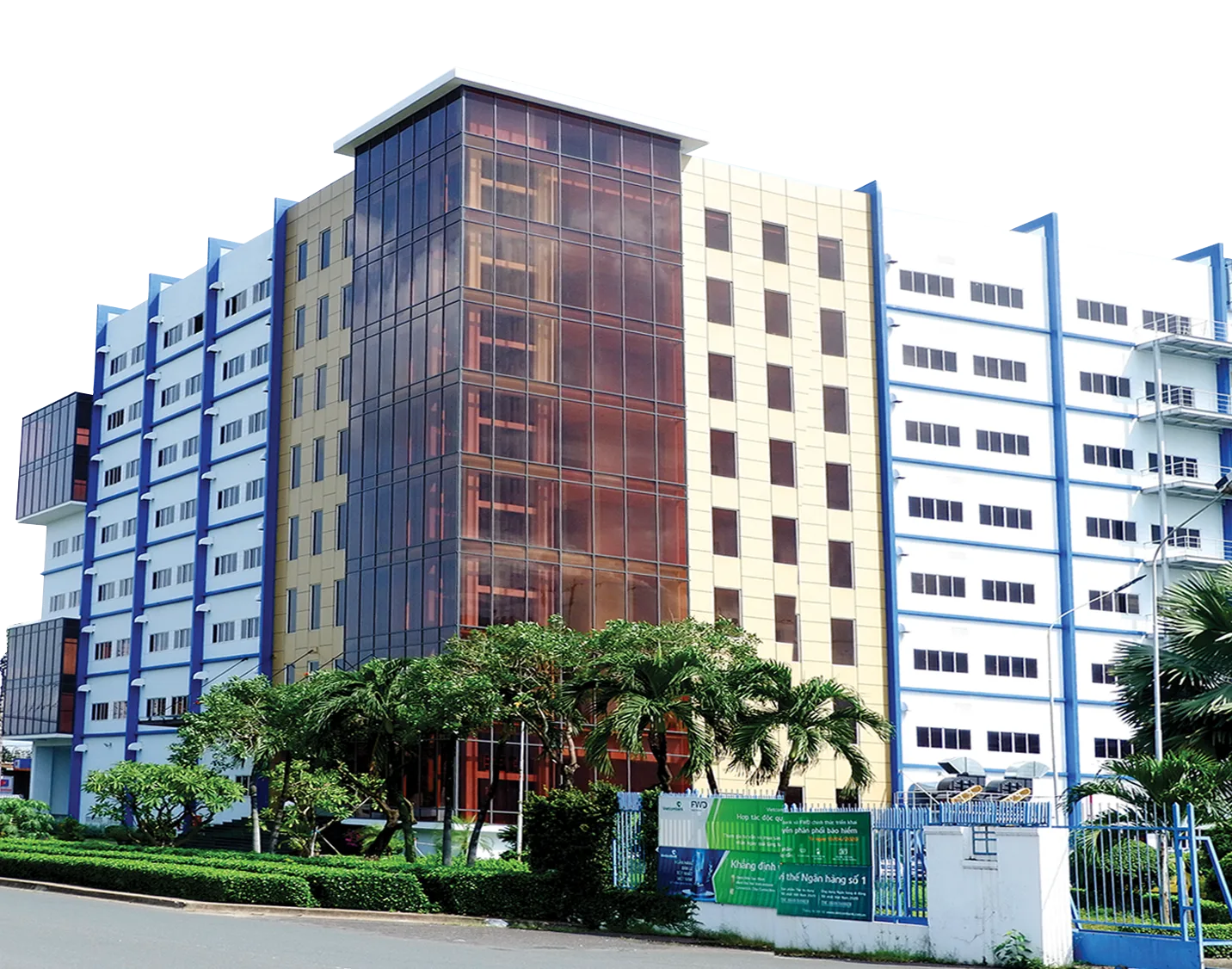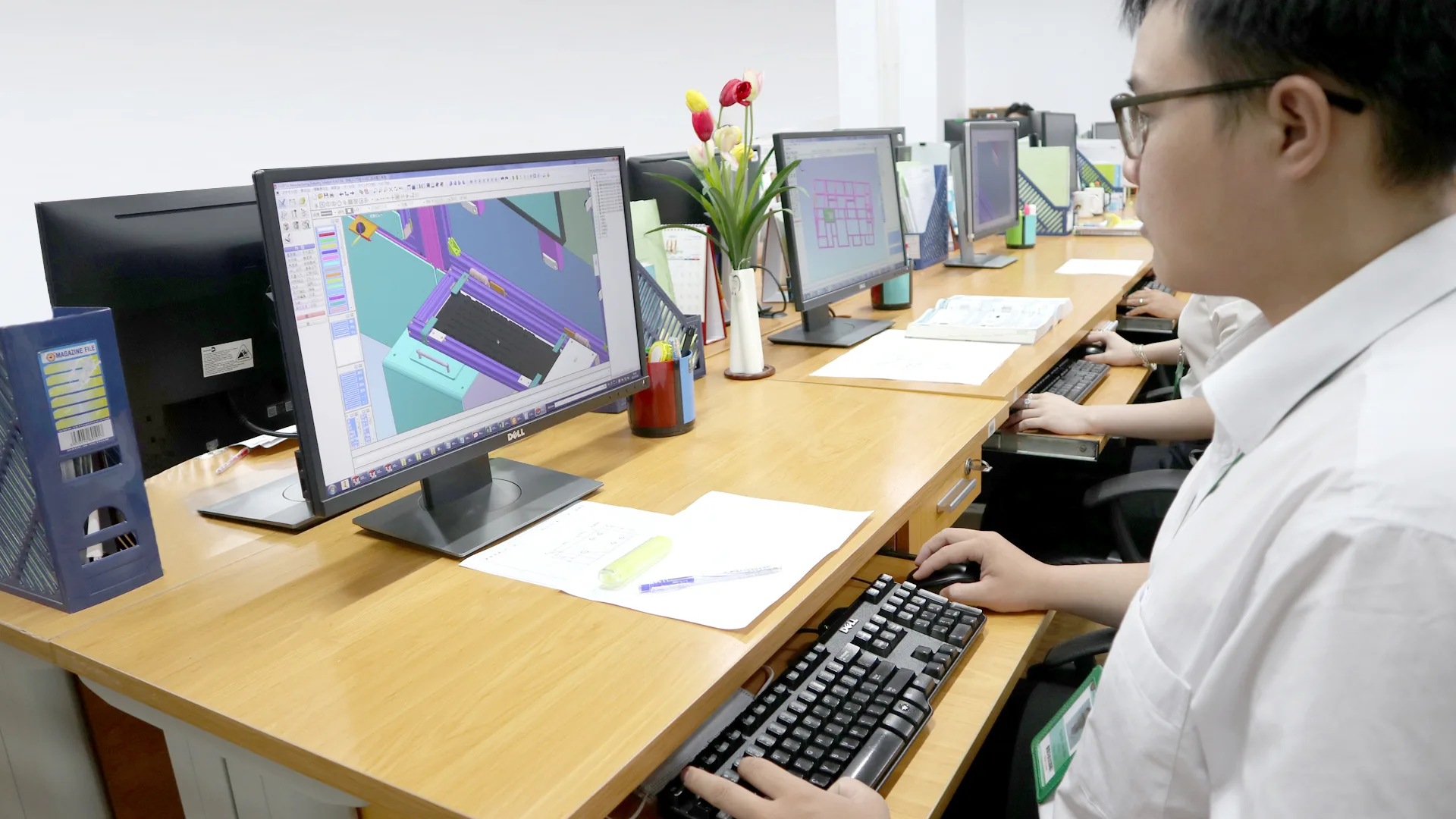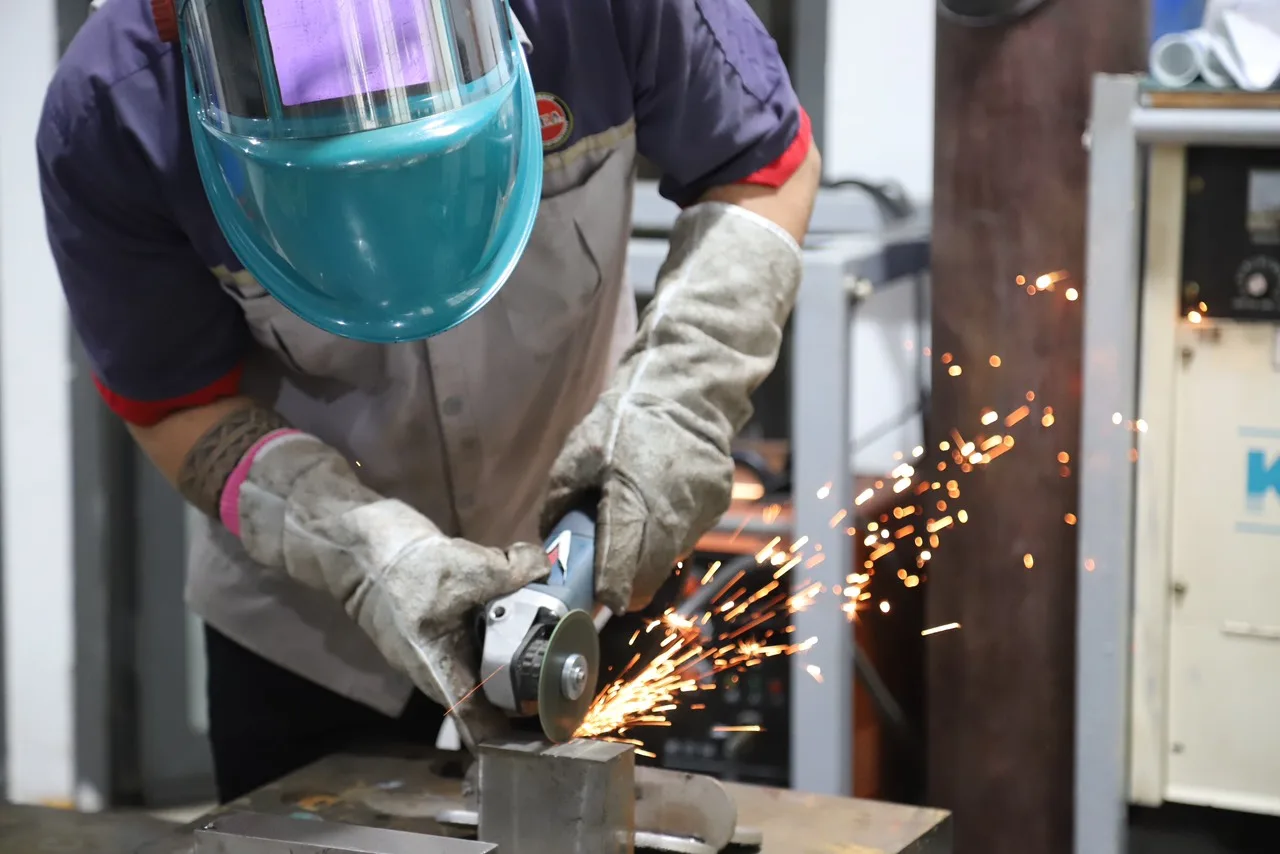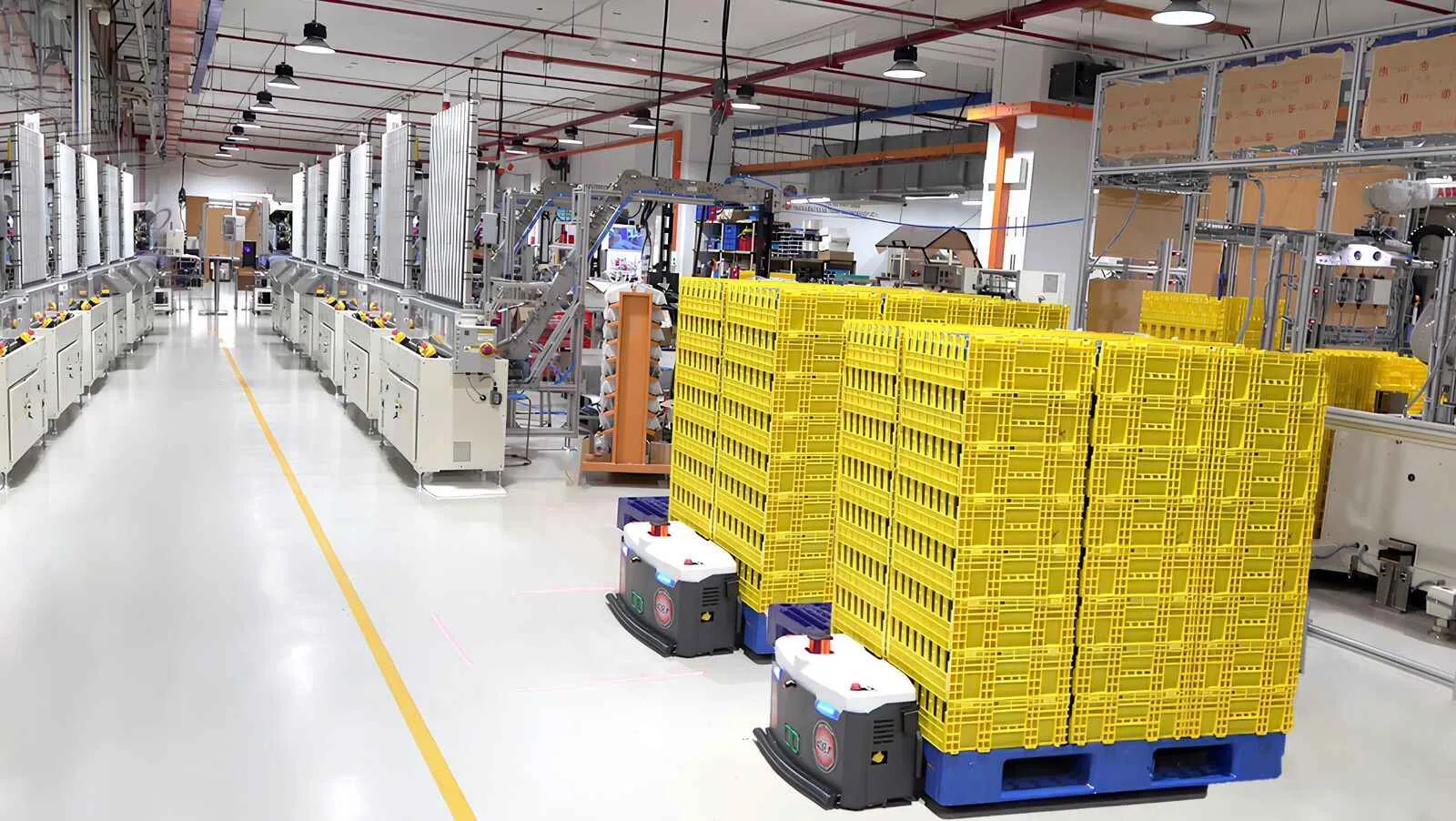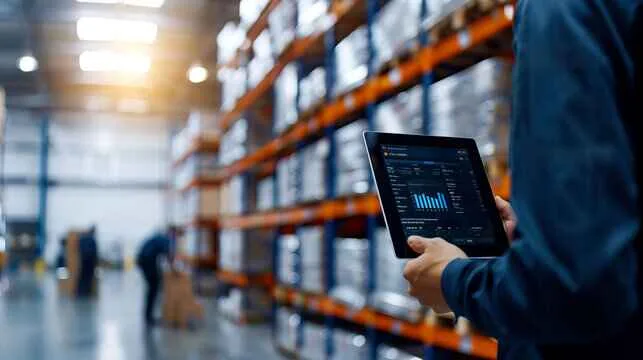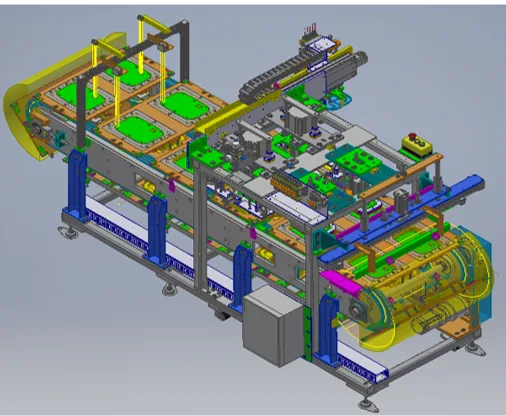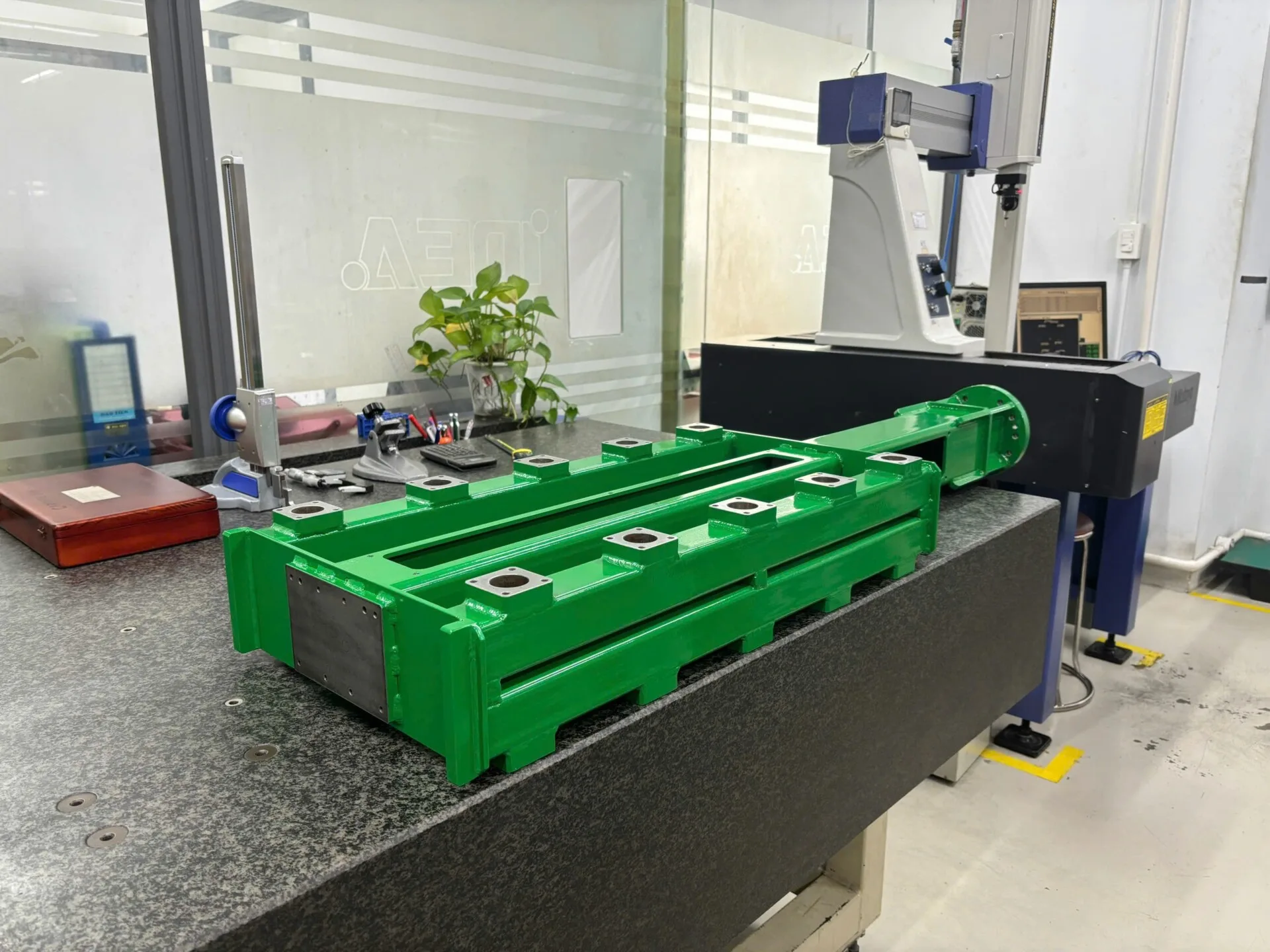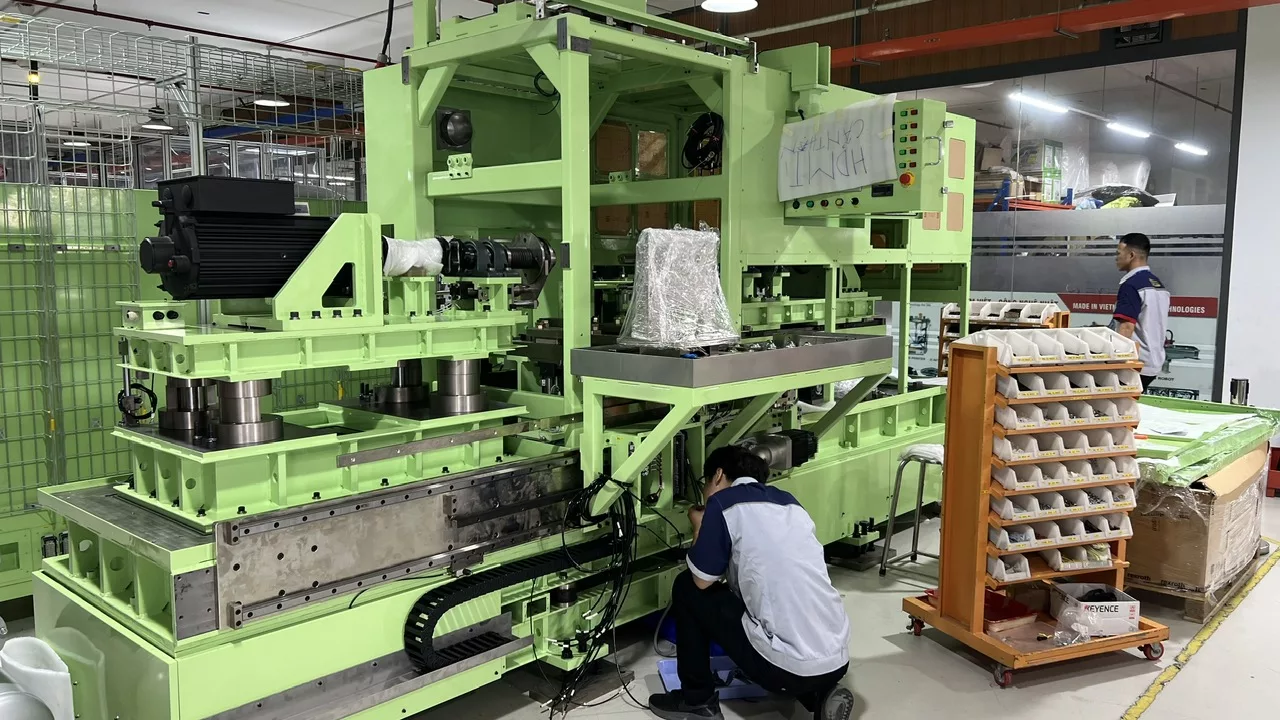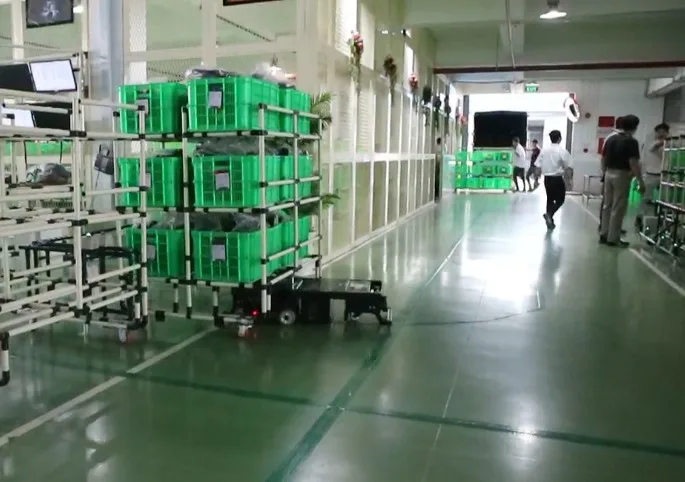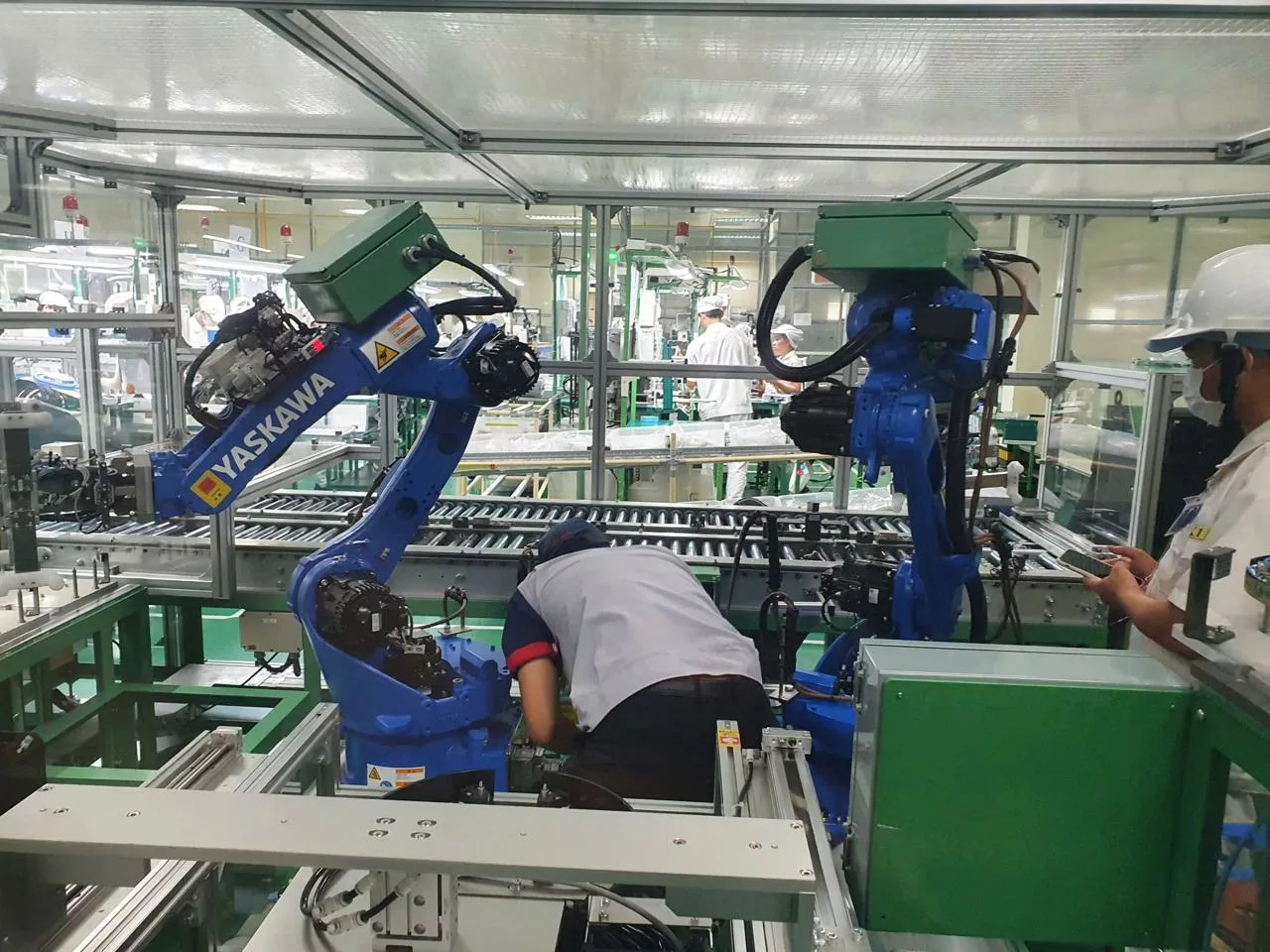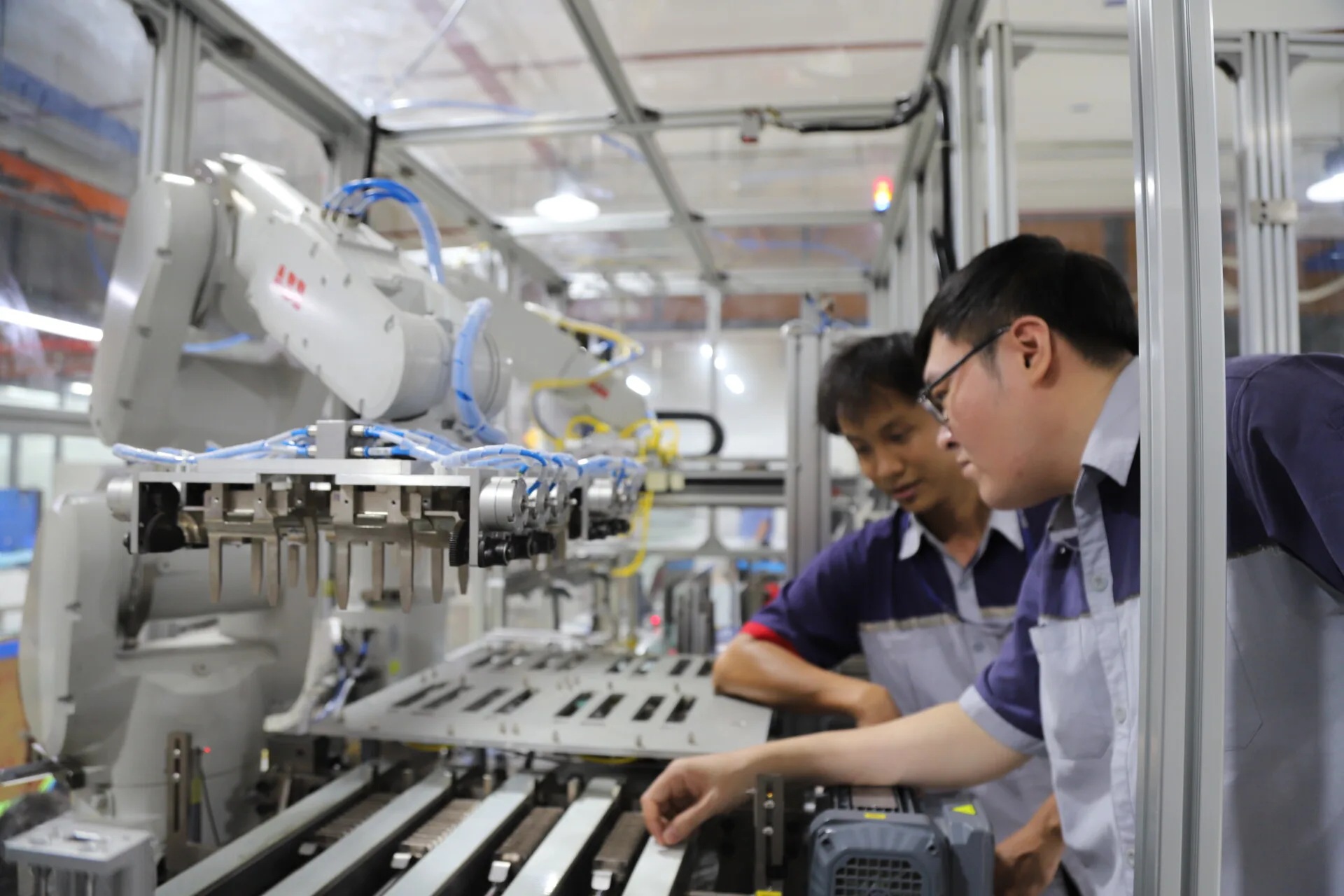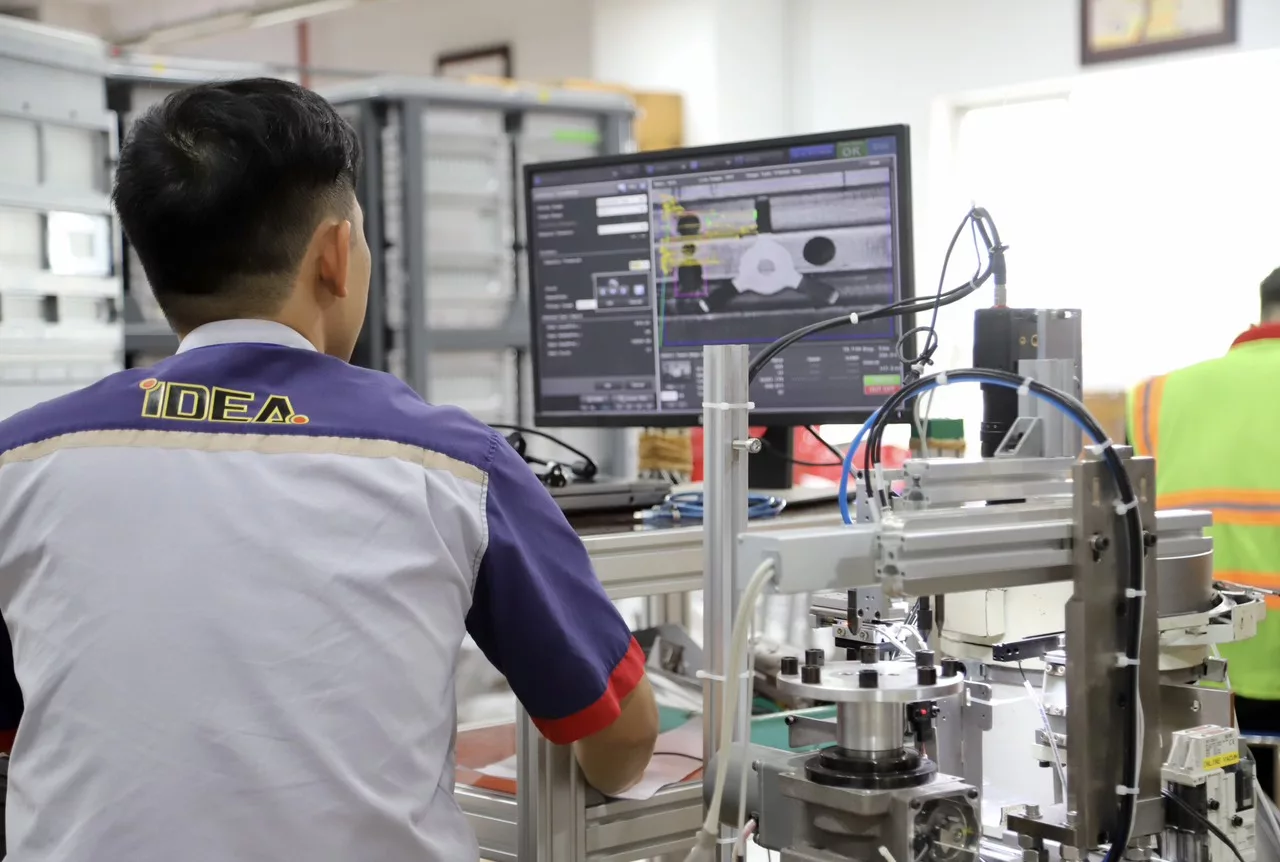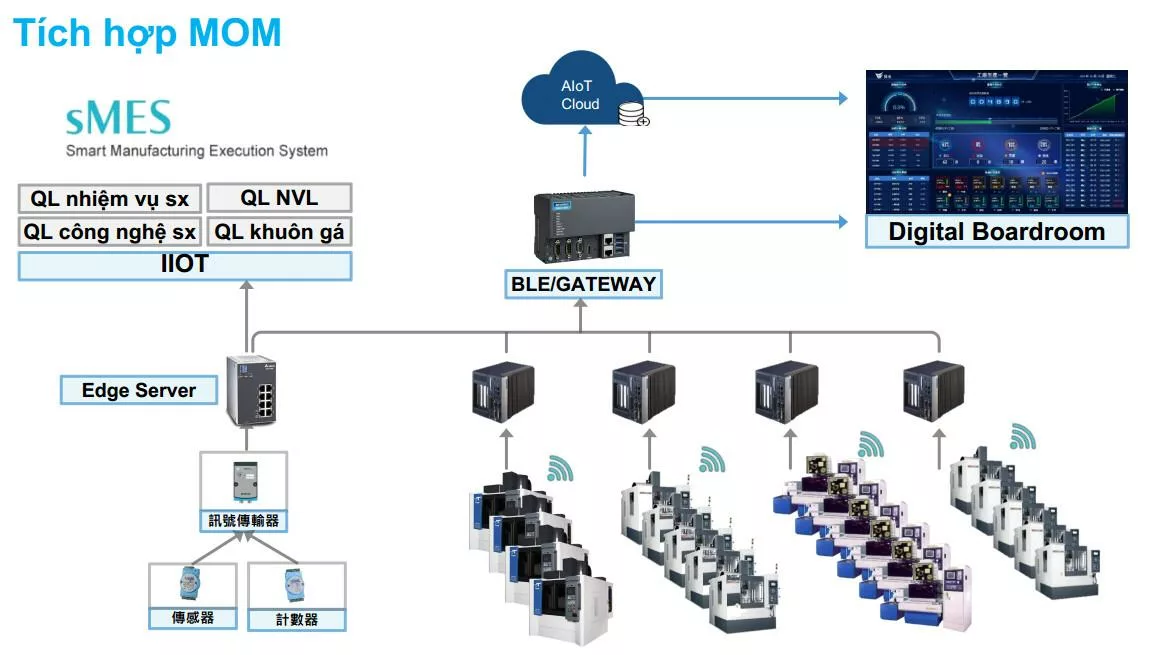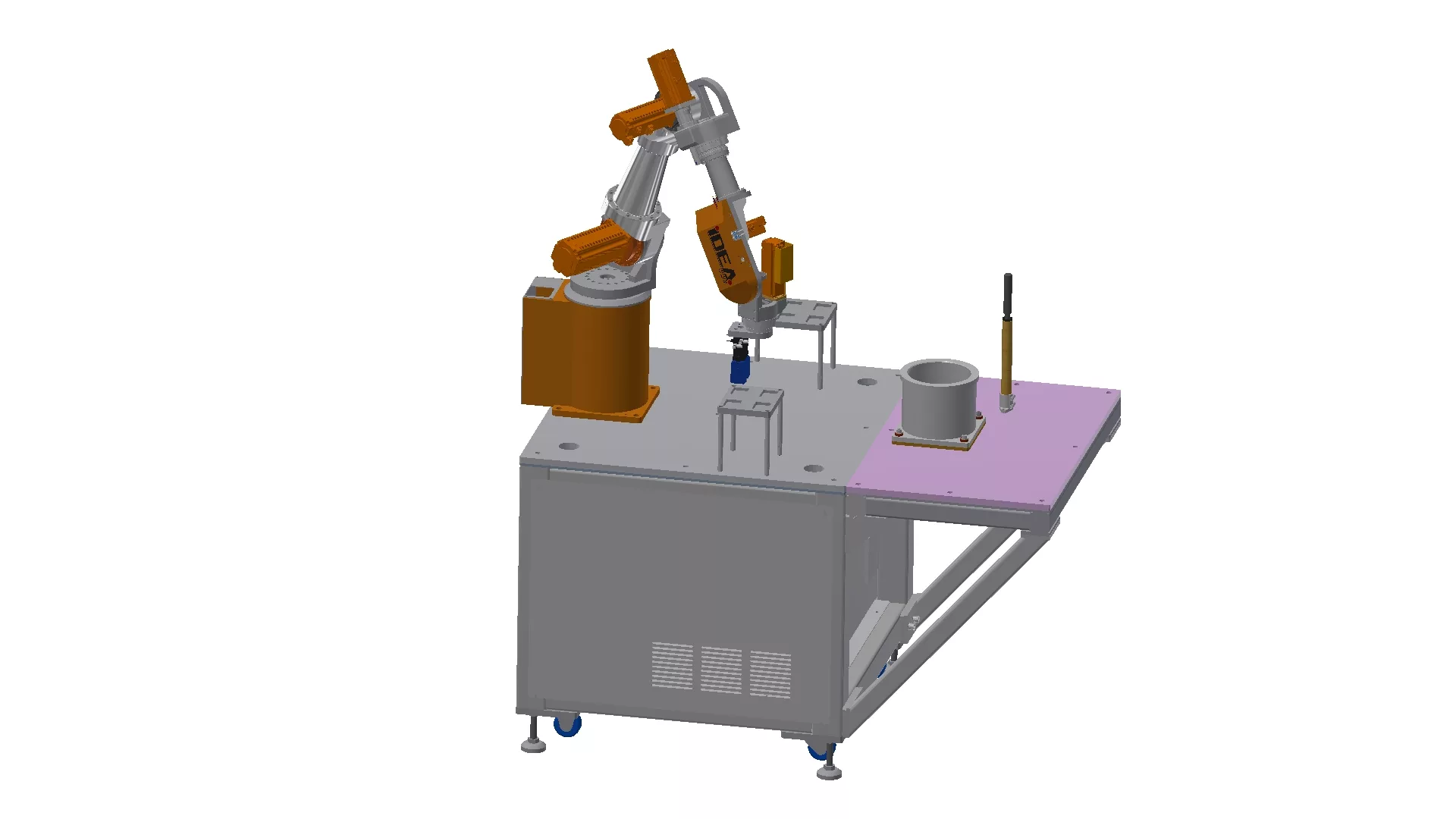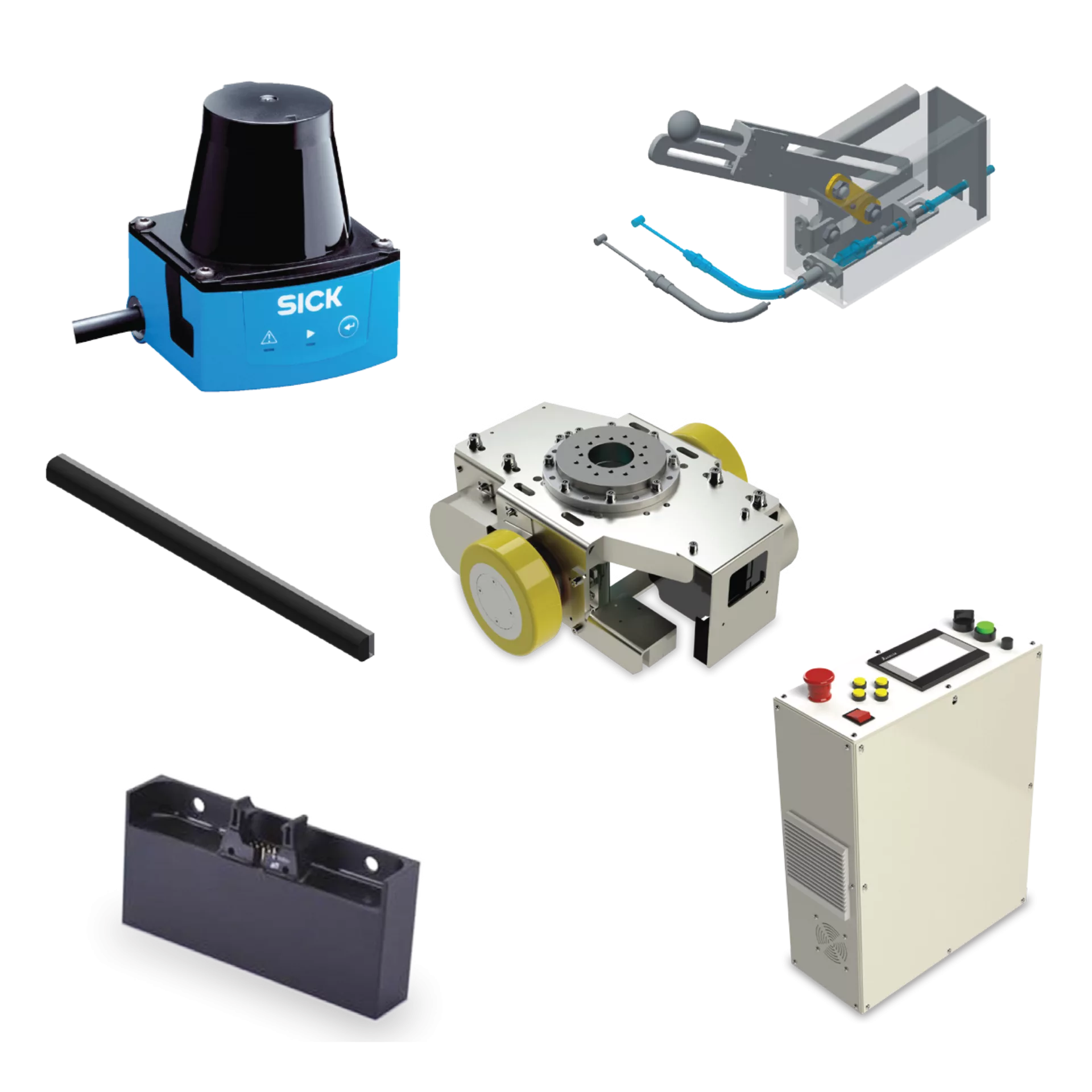Automation in machinery has revolutionized the industrial sector, paving the way for efficiency, precision, and increased productivity. With advancements in technology, machine design, and robotics, the future of automation holds immense potential for further innovation.

The Impact of Automation
Automation has reshaped manufacturing processes, from assembly lines to CNC machining, by streamlining operations, reducing errors, and enhancing output. With the integration of smart technologies, industries are experiencing a shift towards autonomous systems that can adapt to dynamic environments.
Machine Design Evolution
The evolution of machine design plays a crucial role in shaping the future of automation. Engineers are now focusing on developing machines that are not only efficient but also intelligent, capable of self-learning and decision-making. This transformative approach is driving innovation across industries, from automotive to aerospace.
- Intelligent Control Systems
- Enhanced Sensor Technologies
- Predictive Maintenance Strategies
The Role of Robotics
Robotics has been instrumental in advancing automation capabilities, enabling tasks that were once deemed too complex or hazardous for human workers. Collaborative robots, or cobots, are increasingly being utilized to work alongside humans, enhancing efficiency and safety in manufacturing environments.
The Future of Automation
As we look towards the future, the integration of automation in machinery will continue to accelerate. Technologies such as artificial intelligence, machine learning, and the Internet of Things (IoT) will drive innovation, creating intelligent systems that can optimize production processes and adapt to changing demands.
- Industry 4.0 Initiatives
- Autonomous Manufacturing Systems
- Virtual and Augmented Reality Applications
Collaborate with IDEA, a leading partner in industrial machine design and manufacturing in Vietnam, to explore the limitless possibilities of future automation.

